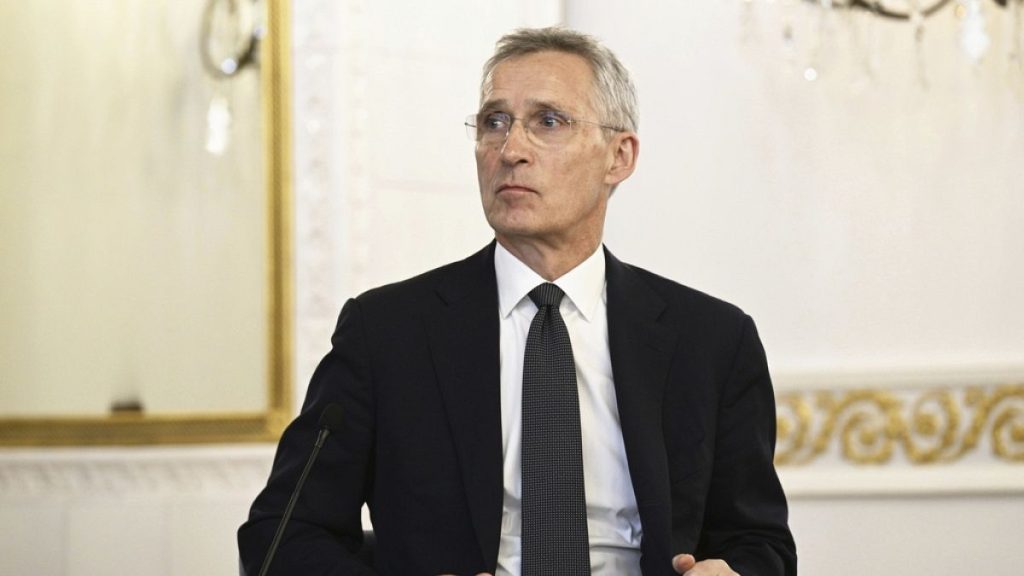Summarize this content to 2000 words in 6 paragraphs in Arabic
NATO Secretary General Jens Stoltenberg will visit the Hungarian capital Wednesday to meet the country’s Prime Minister Viktor Orbán.
ADVERTISEMENTNATO Secretary General Jens Stoltenberg is set to visit Budapest this week to meet with Hungarian Prime Minister Viktor Orbán. “That’s part of my task as secretary general … to meet the leaders of NATO countries and to ensure that we are able to agree,” Stoltenberg explained in a doorstep statement at the Bucharest 9 (B9) Summit in Riga.“I look forward to going to Budapest to sit down and discuss the agenda for the NATO summit (in Washington), which includes support for Ukraine and also how to further strengthen our deterrence and defence,” he added. The two leaders will hold a joint press conference on Wednesday, according to the alliance chief.Currently, Stoltenberg is on a visit to Riga — which recently marked one year of a successfully revived military conscription policy — to take part in the B9 Summit, hosted by Latvian President Edgars Rinkēvičs and his Romanian and Polish counterparts Klaus Iohannis and Andrzej Duda.At a joint press conference in the Latvian capital, Stoltenberg praised the Baltic country for “leading by example” by allocating 2% of GDP to its defence portfolio — expected to increase to 3% by 2027 — and its military efforts in support of Ukrainian soldiers.“Latvia also provides robust military support to Ukraine,” Stoltenberg added.“You provide extensive military training to Ukrainian soldiers. You lead a coalition that works with industry to supply drones. And you contribute to the Czech-led initiative to provide more artillery shells.”The Bucharest 9 is an organisation of nine eastern European countries — Bulgaria, the Czech Republic, Estonia, Hungary, Latvia, Lithuania, Poland, Romania and Slovakia — which were formerly either part of the Soviet Union or the Warsaw Pact, founded in 2015 at the initiative of Ioannis and Duda.The Romanian president announced in March he would join the race to become the next leader of the 32-nation NATO military alliance, emphasising the country’s strategic position in Europe and proximity to Ukraine.“Russia is proving to be a serious and long-term threat to our continent, to our Euro-Atlantic security,” Iohannis previously said. “Under these conditions, NATO’s borders become of paramount importance, and the strengthening of the eastern flank … will remain a long-term priority.”He said he believes NATO needs a “renewal of perspectives” and that Eastern Europe’s historical challenges could provide that in the face of Russian aggression. Many of NATO’s easternmost members have expressed concern about Russia’s attempts to reassert influence over their region, with memories of living under Soviet influence still strong for some.Stoltenberg, who has been in the post since 2014, has made it clear he was not seeking a successive term.
rewrite this title in Arabic NATO chief to meet with Orbán in surprise Hungary visit
مقالات ذات صلة
مال واعمال
مواضيع رائجة
النشرة البريدية
اشترك للحصول على اخر الأخبار لحظة بلحظة الى بريدك الإلكتروني.
© 2025 جلوب تايم لاين. جميع الحقوق محفوظة.


